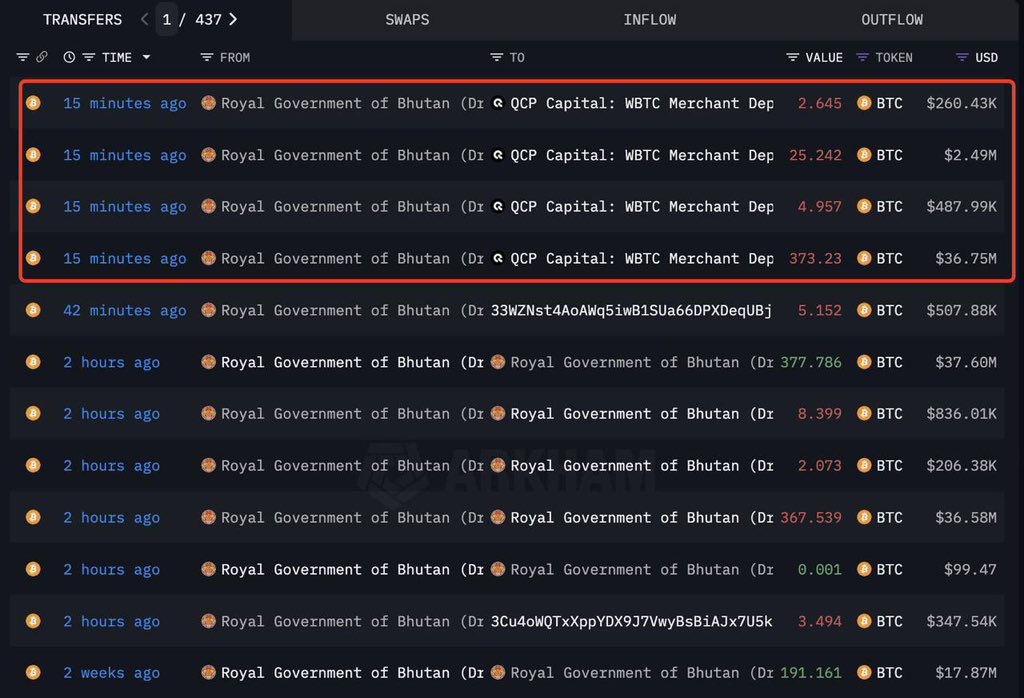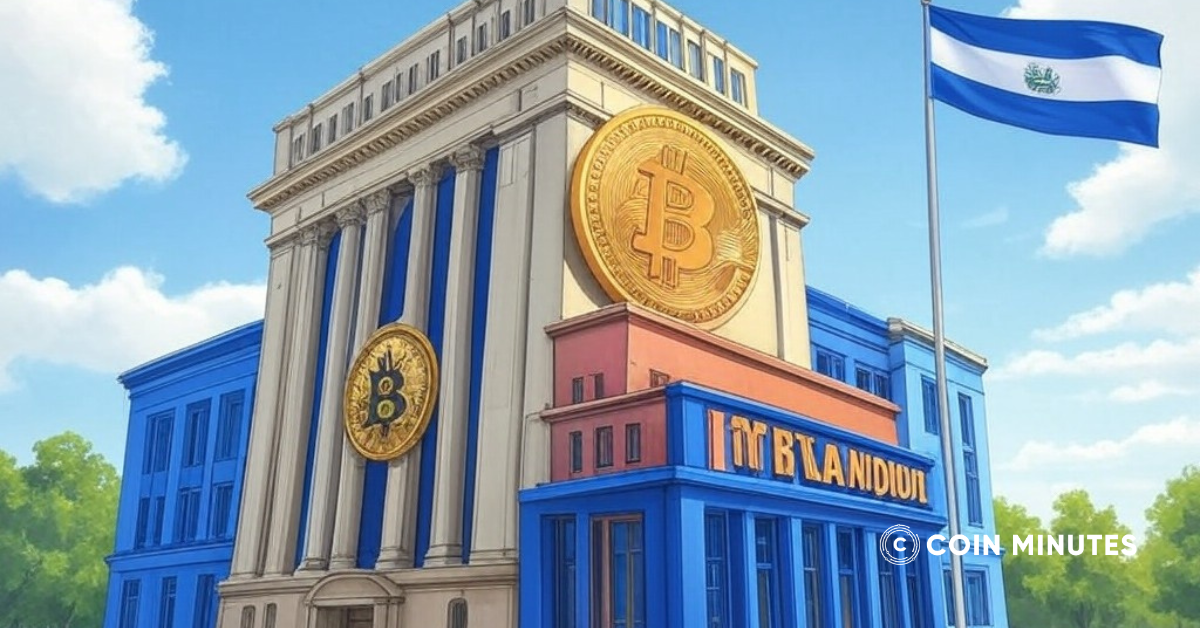El Salvador, a small Central American nation that made headlines in 2021 by adopting BTC as legal tender, is now navigating a critical juncture. The country is in advanced negotiations for a $1.3 billion loan from the International Monetary Fund (IMF). The agreement could bring significant changes to its controversial Bitcoin policy while addressing broader economic challenges. As El Salvador balances its bold crypto experiment with the demands of global lenders, the stakes have never been higher.
A Bold Gamble on Bitcoin
In 2021, under President Nayib Bukele’s leadership, El Salvador became the first country to recognize Bitcoin as legal tender alongside the U.S. dollar, its primary currency since 2001. The move was touted as a visionary step to boost financial inclusion and attract global investment. Yet, it was met with skepticism from institutions like the IMF, which warned of risks to financial stability, consumer protection, and fiscal integrity.
Despite these warnings, Bukele doubled down on his Bitcoin vision. The government mandated that local businesses accept Bitcoin for transactions and unveiled plans for a futuristic “Bitcoin City,” powered by geothermal energy harnessed from a volcano. This ambitious initiative aimed to position El Salvador as a crypto-friendly haven, but it also strained relations with international financial markets, leaving the country isolated.
El Salvador’s BTC adoption has delivered a mix of successes and challenges. On the positive side, the move garnered global attention, attracted crypto enthusiasts, and boosted the value of the country’s Bitcoin reserves. BTC’s recent surge to over $100,000 has significantly increased the value of El Salvador’s holdings, which are now worth over $550 million—a 127% gain, according to Bukele.
However, the benefits have not trickled down to the average Salvadoran. A 2024 survey by Francisco Gavidia University revealed that only 7.5% of respondents use BTC for transactions, citing concerns over its volatility and a preference for the U.S. dollar. The ambitious project has also failed to shield the country from broader economic challenges, including slowing GDP growth and elevated public debt.
JUST IN: 🇸🇻 El Salvador expects to finalize a $1.3bn IMF loan deal within two to three weeks by agreeing to make Bitcoin acceptance voluntary instead of mandatory for businesses. pic.twitter.com/e1NyphDSCt
— BitEagle🔶 (@BitEagleNews) December 9, 2024
The IMF Loan and Its Implications
The $1.3 billion IMF loan could be a game-changer for El Salvador, unlocking additional funding from the World Bank and the Inter-American Development Bank. However, the agreement comes with strings attached. According to a December 9, 2024 report by the Financial Times, the IMF is pushing for revisions to El Salvador’s BTC policy. These changes include making Bitcoin acceptance optional for businesses rather than mandatory.
Additionally, the government has committed to reducing its budget deficit by 3.5% of GDP over the next three years, fighting corruption, and increasing foreign reserves from $11 billion to $15 billion. If finalized, the deal could help El Salvador re-enter global financial markets and stabilize its economy.

Economic Revival Amid Controversy
Bukele remains a polarizing figure. Domestically, he enjoys strong support, reflected in his landslide re-election earlier this year with 85% of the vote. Internationally, opinions on Bukele have softened somewhat. Relations with the Biden administration, initially strained, have improved in recent months. El Salvador’s sovereign bonds rallied 22% earlier this year, partly driven by Bitcoin’s price surge.
BTC’s meteoric rise to $100,000 in 2024 has provided El Salvador with a financial windfall, strengthening reserves and partially vindicating Bukele’s strategy of buying BTC during market dips. Yet, analysts caution that these gains are not a panacea. The broader economy remains fragile, with structural issues that Bitcoin alone cannot resolve.
While the IMF loan offers a lifeline, it also signals a retreat from Bukele’s ambitious crypto experiment. The required policy changes, such as scaling back BTC’s role as legal tender, represent a shift in strategy as the country seeks to balance innovation with economic stability.
Related news: Penguins Take the Crown: Pudgy Penguins Top BAYC with 7.1% Daily Growth








